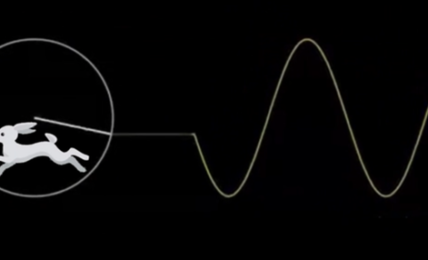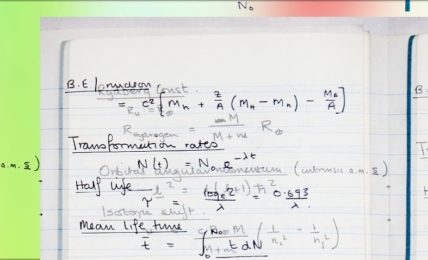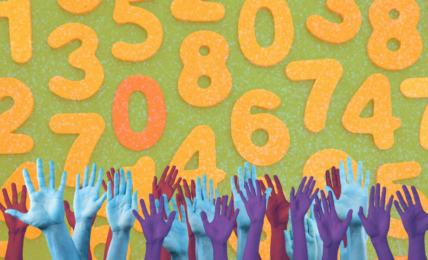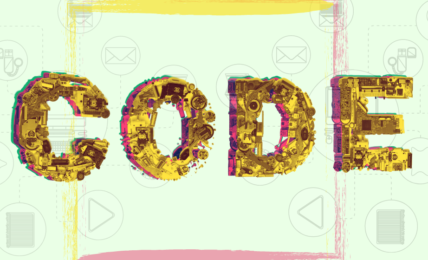New course at Kettering University attempts to address social justice issues using math
Supporters say that liberal arts training could inspire STEM majors to develop more nuanced ways to tackle social justice issues while improving science communication outreach.







